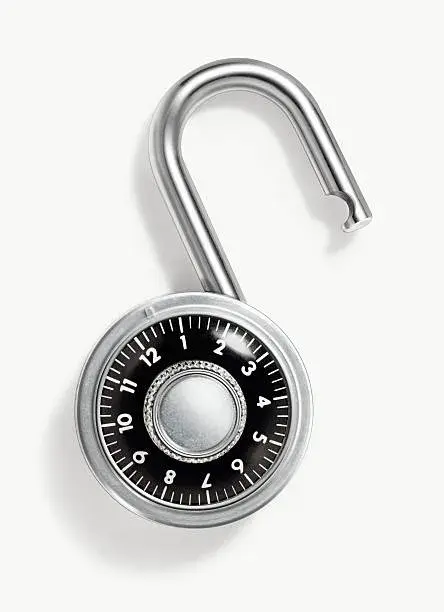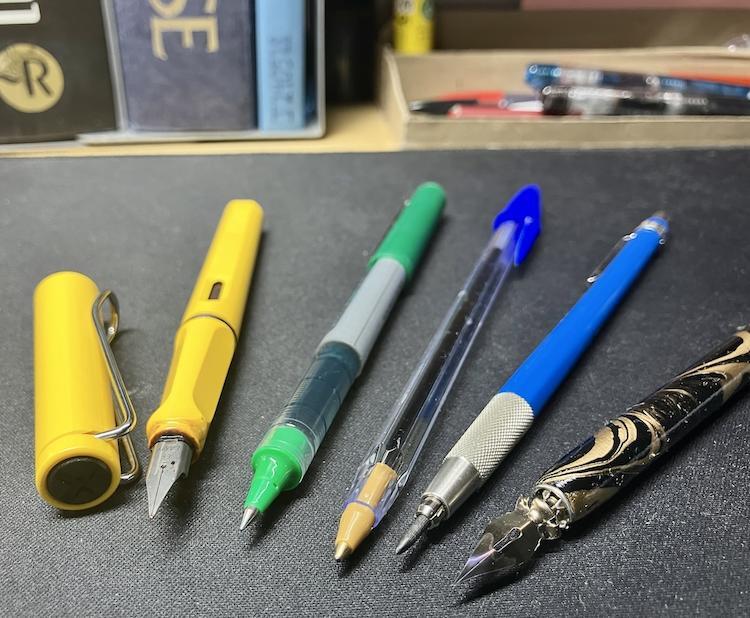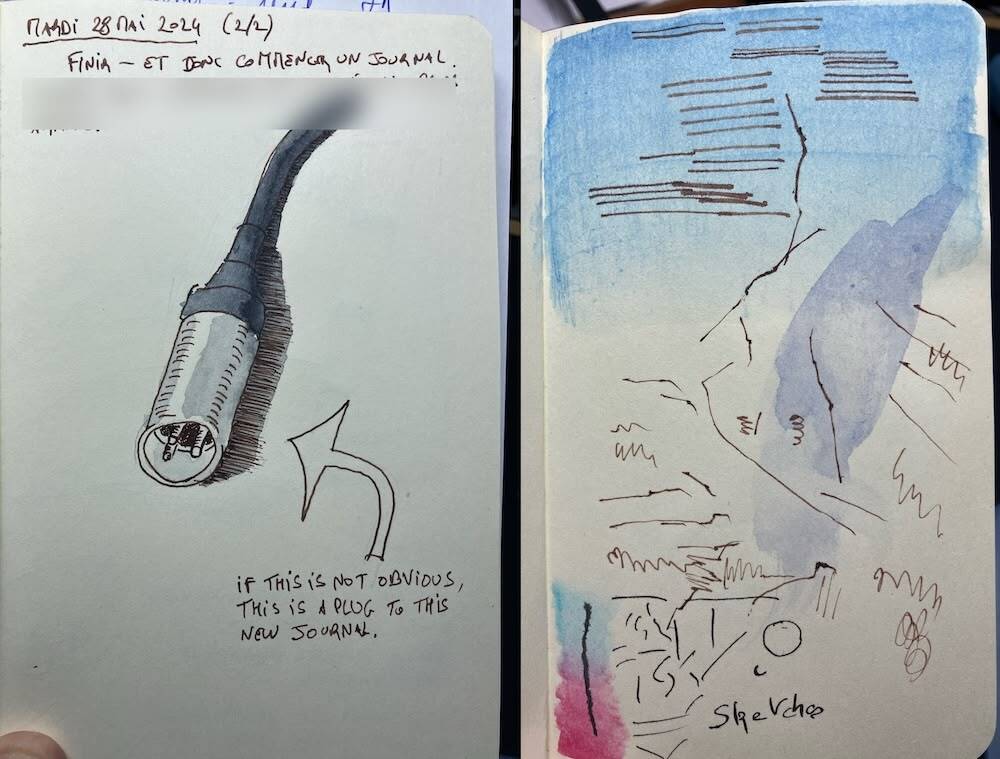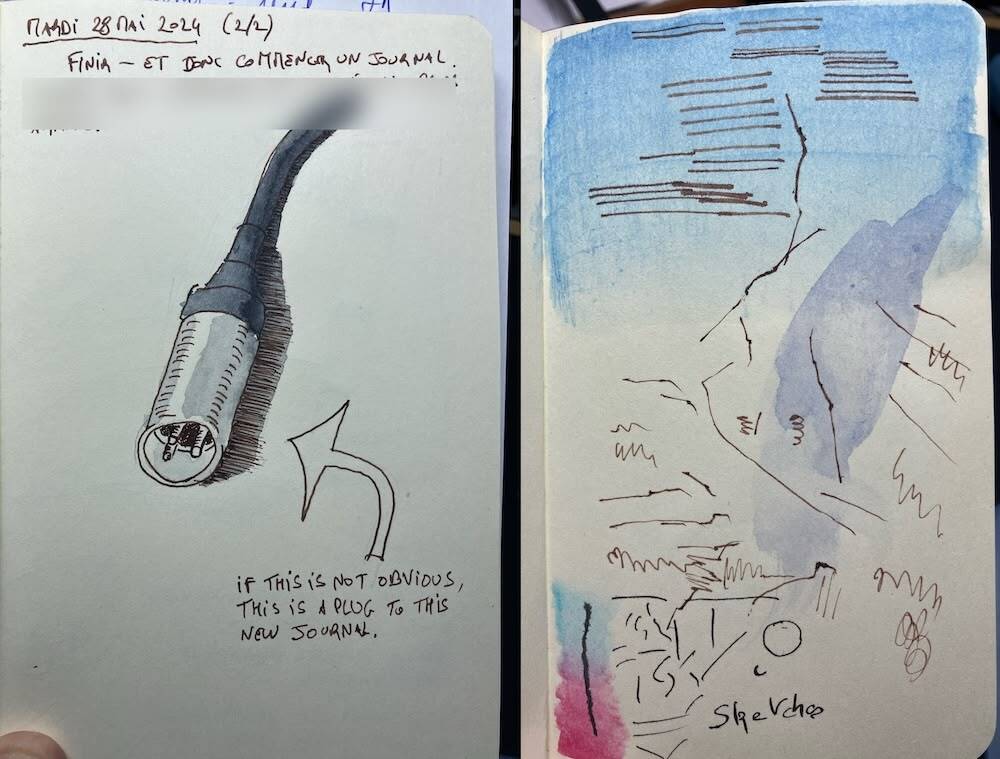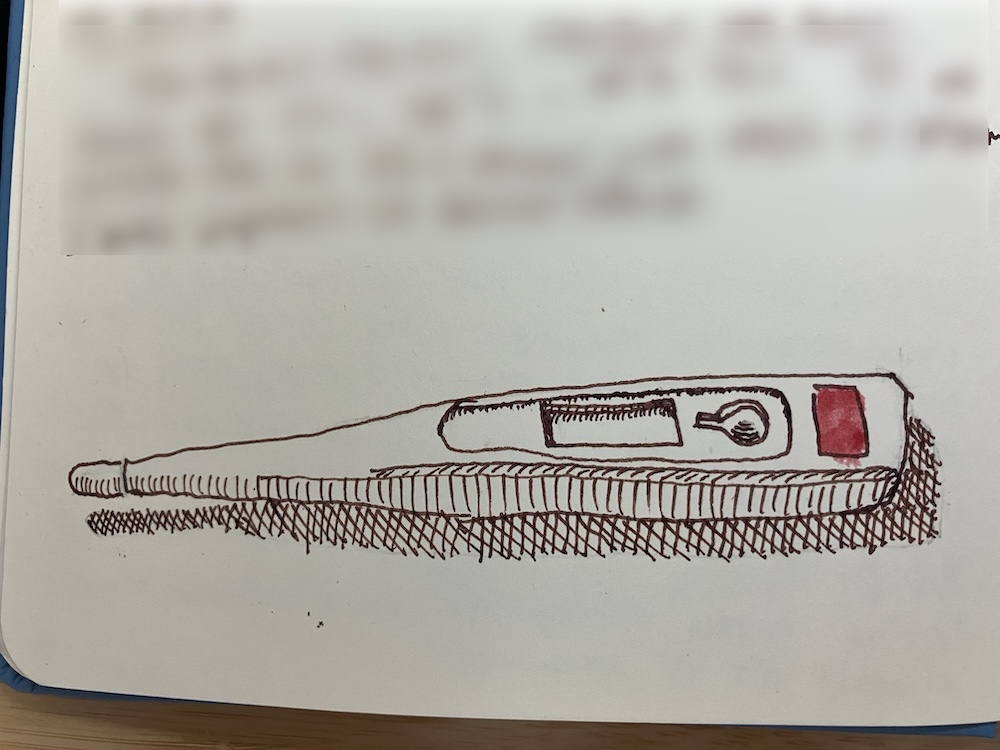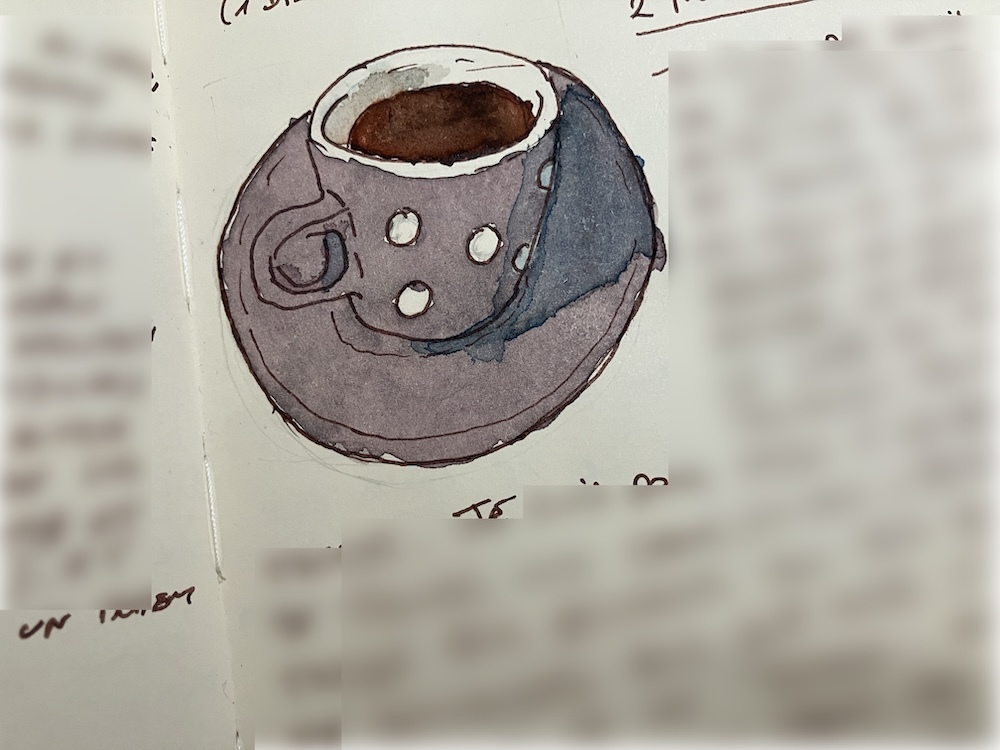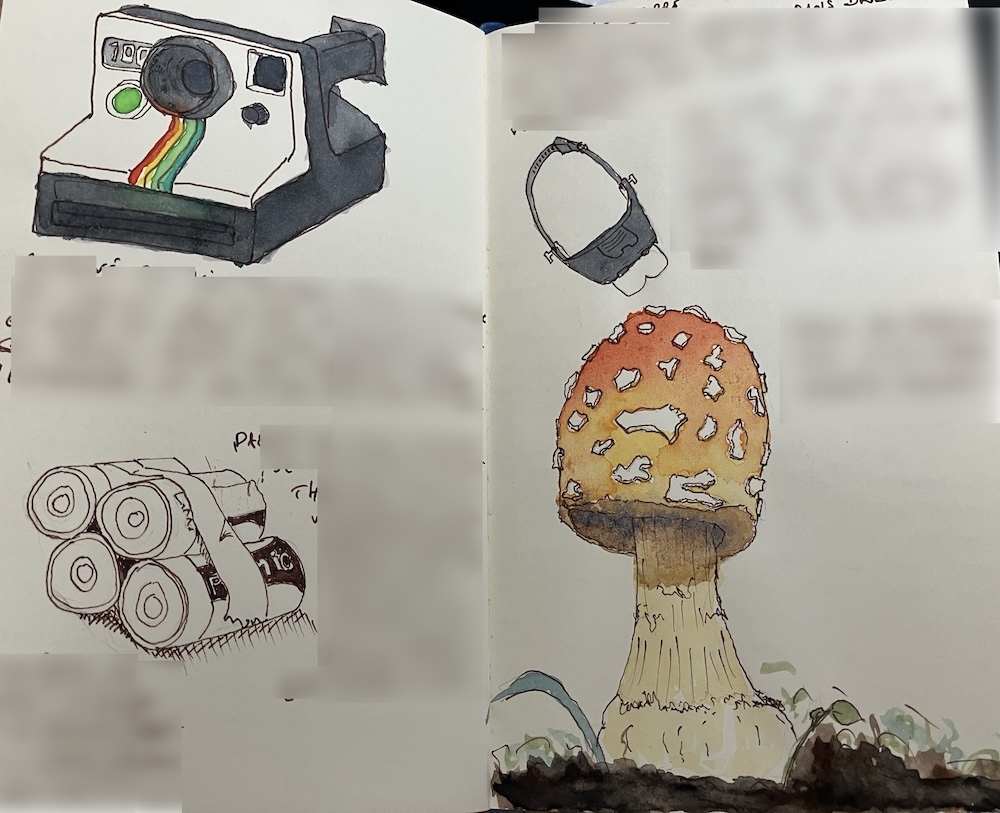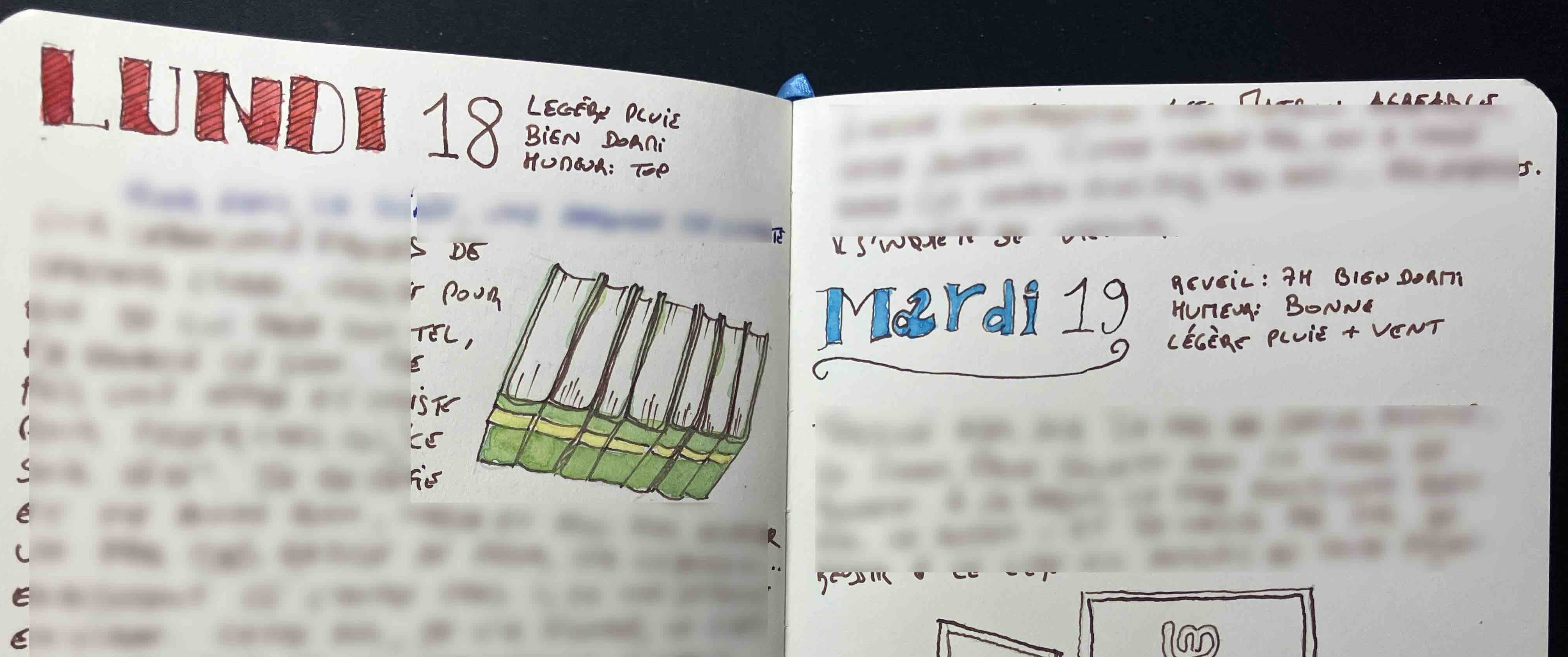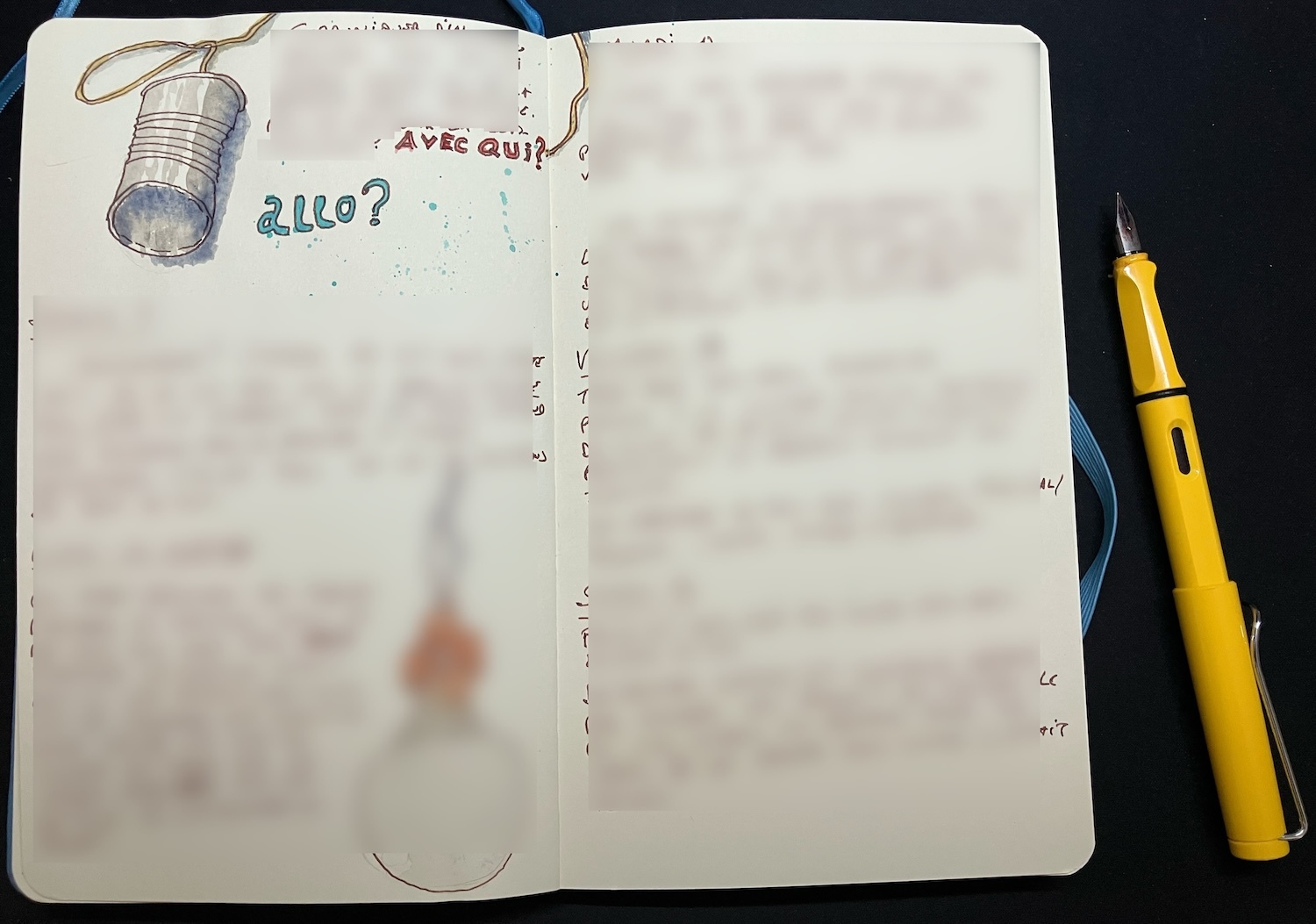I have been journaling for almost 50 years and...
Wait a minute. What absolute non-sense did I just wrote there? I have been journaling for how long? Almost fifty years? Fifty effing years? LOL. No way. I'm not that old. No, I am… That’s a lie! I am…
(Here, we should listen to some relaxing music while we let my poor brain process the fact that, indeed, I started journaling as a little 7-year old boy and that was almost 50 years ago. That may take a while, feel free to check your inbox or your TikTok while waiting.)
So, what was I saying? Oh, yes that I have been journaling for a certain time which makes it quite realistic to say that I have used many of the journaling medium one can think of.
Ranging from the good old pen and paper to whatever digital tool one can think of (from the desktop, to the smartphone, including various PDA, laptops, tablets). I have also typed my journal in various word processors and text editors, in various journaling apps, even in… spreadsheets or in a real database. I have also used a blog . Cassette and digital recorders. I even used my grand-father’s typewriter, the wonderful Olympia SG1. Heck, back in my thirties, I learned bookbinding (and to use a traditional press) so I could make my own journals with my choice of paper.
Despite that, I don’t think there is such a thing as 'the right way' to keep a journal or a better way to do it. There are ways that work better, for each one of us. Obviously, I have my preferences but they're just that: preferences.
I like the freedom a paper journal gives me. I like how I can doodle in it, and have fun with page layout or lettering, taping, stapling or gluing stuff on the page too. I like how I can change ink in my fountain pen and expriment with different types of papers. I also like that I am not tied to any app or devise. I like how cheap it can be too. And I like that, privacy-wise, neither the maker of my fountain pen or of my notebook can read what I am writing — unlike what may happen with a digital journal.
But I also like the comfort and peace of mind digital is giving me. The ease of using my phone and its portability. I like being able to instantly find any content, and to have it backed up on some cloud.
That said, very recently, I decided to switch back to a full analog journal. Why? Mostly, because of privacy concern.
I used to use DayOne (and I loved it) but what follows can be said for most if not all apps/services.
For quite a few years already, I had started worrying about the lack of privacy. My journal contains my most intimate thoughts, no one but me should be able to read it. I mean, I would not care if my spouse was to read my journal (she would never, we trust each other like that, but if she was to ever do it I would not care). It's just that nobody else should be allowed to.
So, when I heard the devs at DayOne consider adding an AI-assistant in their app (it was around the same time Apple announced their own AI-powered journaling app), I realized the future of my journal could not be digital. If I can still vaguely trust human developers to be... reasonable, AI has been created to read through text and to process it. So, that day, after 15 or 16 years (?) using Day One I downloaded a PDF of my journal and deleted all my data from their servers and I switched back to pen and paper (I kept my DO account because it was grandfathered many, many years ago when they introduced their subscription model and I never had to pay that sub. So, even though I doubt it, if one day things change back I may want to use it again).
BTW, that’s similar doubts that pushed me to come back to using a paper agenda and the reason why I quit reading ebooks for printed books, as I explain on my blog: Am I Reading That Ebook or Am I Being Read by That Ebook? & Who Owns the Ebook I Purchase?
Since the, I sometimes miss some of the comfort of a digital journal, but I have so much fun sketching and having, well, fun in my paper journal that I simply don’t care.
I also devised working solutions as far as searching and backup are concerned, but that could be another discussion, if anyone is interested?
What about you? Are you analog or digital or, like I was up until very recently, are you ok with mixing both?
Do you think ~~I’m a moron~~ I’m being a bit excessive in giving up on digital in the name of privacy? (As a matter of fact, if my paper journal was to be stolen, that person would be able to read it and to share its content with anyone, right? Isn't that a worse situation?)
What do you think?
